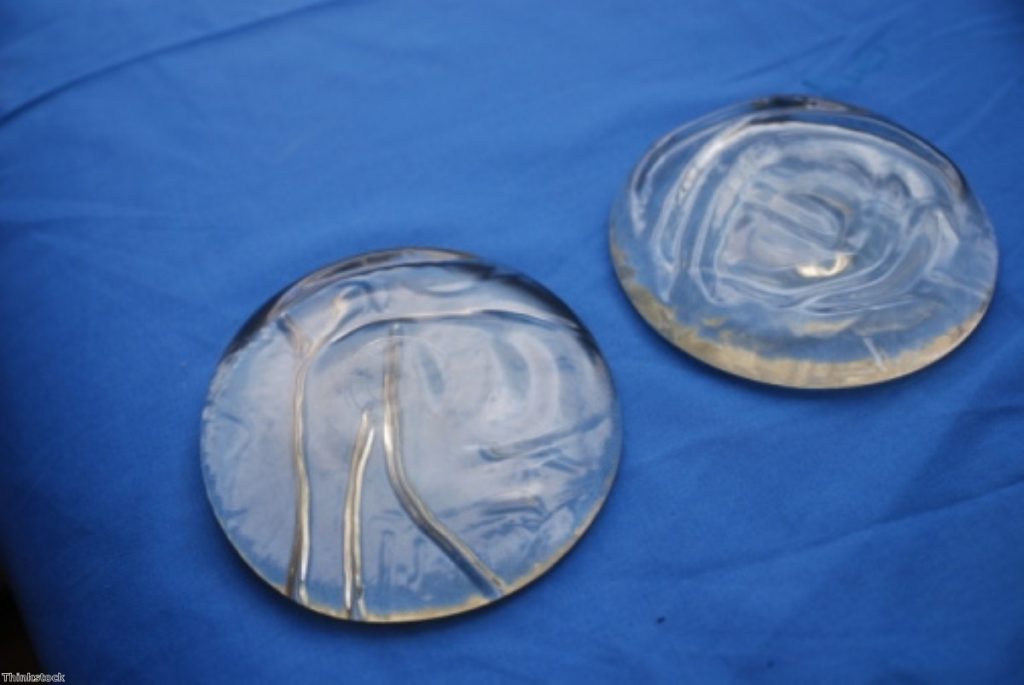Lansley hints at implant database as pressure builds for cosmetic surgery regulation
By Ian Dunt Follow @IanDunt
Andrew Lansley looked set to give in to demands for a mandatory database of cosmetic implants today, amid building concern about faulty breast enlargements.
Several medical experts have argued that a register would have allowed authorities to easily discover which women had received the implants, which used industrial-level silicone, and prevent the chaos and confusion of recent weeks.
Asked by the BBC if the current row could trigger the need for a database, the health secretary said: "Yes I think it's right. It does raise that prospect.


"There was such a register before 2006 but it was given up because a substantial proportion of women did not want their data on that register."
The database is the least of the demands coming from several medical experts and campaigners in the wake of the PIP scandal. Many also want a duty on cosmetic surgery providers to send customers to GPs, who would direct them to responsible clinics.
The lack of a database stands out in the highly-regulated world of medicine and pharmaceuticals. Once implants receive a CE mark of approval they are subject to considerable freedom of use, especially compared to the regulations around new drugs entering the market.
Mr Lansley reacted angrily to reports that some private clinics were charging women £50 to see their medical files to find out whether they had a PIP implant and said the industry had 48 hours to provide "clear data" about faulty implants.
Some estimates put the cost of removing all the potentially faulty implants – a requirement in the eyes of some, but not all, experts – at £150 million. Mr Lansley stressed that the cost must not be passed on to the NHS.
"Every patient has a right to expect that they will be looked after, whether they were a private or an NHS patient," Mr Lansley said.
"Every provider who has given women PIP implants has responsibilities to that patient. For any provider not to fulfil those responsibilities would be unacceptable."
Around 40,000 British women are thought to have received the implants, some 37,000 of which were through private clinics as cosmetic surgery.

